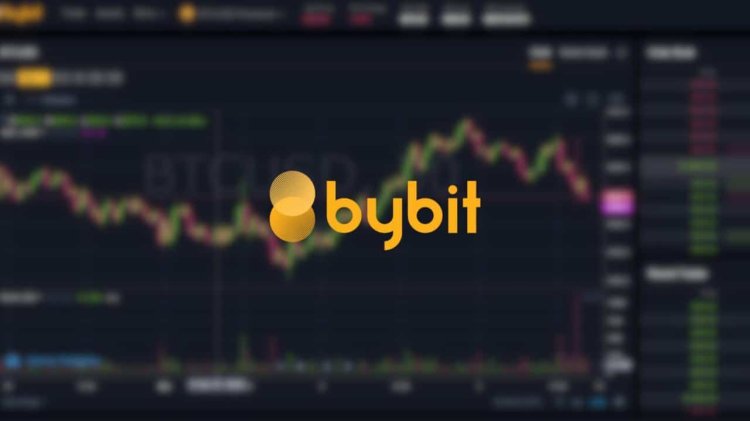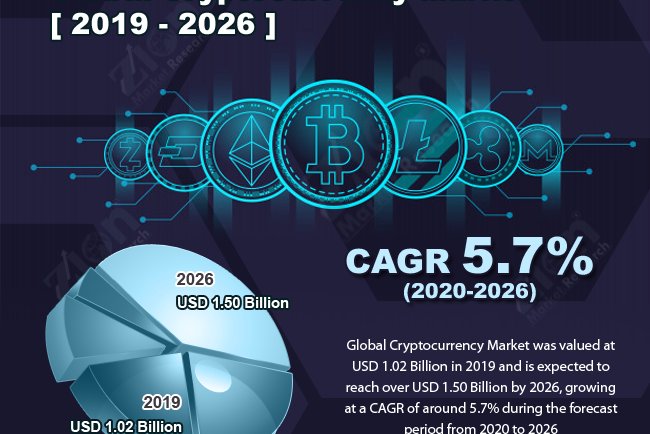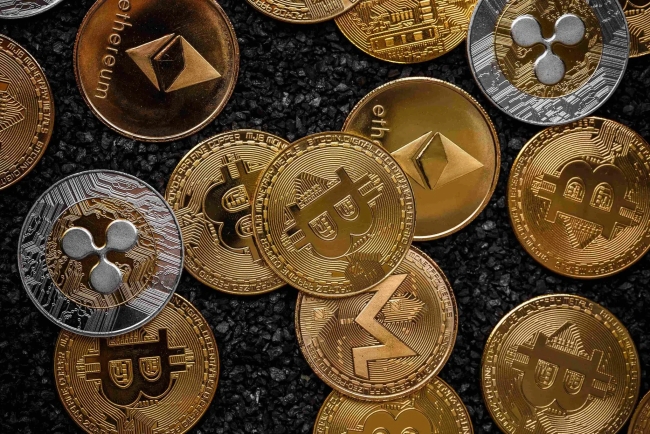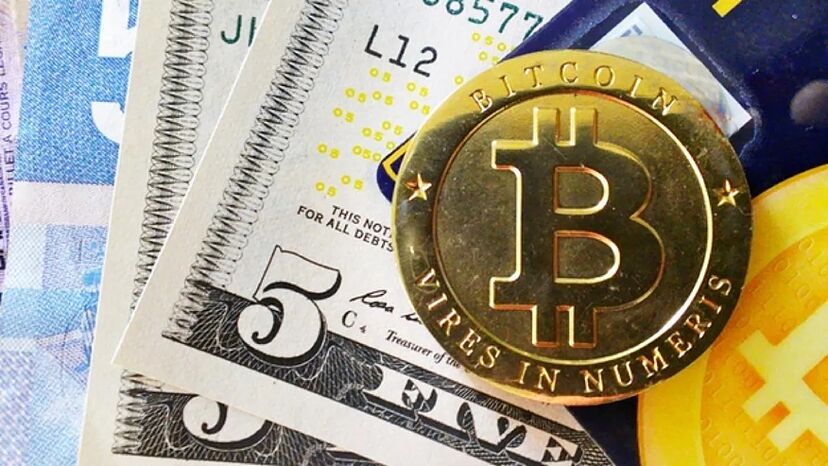Bybit Suffers Record-Breaking $1.4 Billion Ethereum Hack
Dubai-based crypto exchange Bybit experienced a historic $1.4 billion Ethereum hack, raising significant security concerns and impacting market dynamics.

In an unprecedented security breach, Dubai-based cryptocurrency exchange Bybit has fallen victim to a sophisticated hack, resulting in the theft of over $1.4 billion worth of Ethereum (ETH) and related tokens. This incident, which occurred on February 21, 2025, now stands as the largest crypto theft in history, surpassing previous records and raising significant concerns within the digital asset community.
Details of the Breach
The attack transpired during a routine transfer of funds from Bybit's cold wallet—a secure offline storage—to a warm wallet designed for more frequent transactions. Hackers exploited this process by manipulating the transaction interface, gaining unauthorized control over the cold wallet, and siphoning approximately 401,000 ETH to an unidentified address. Notably, the breach also involved the theft of liquid-staked Ether (stETH), Mantle Staked ETH (mETH), and other ERC-20 tokens.
Immediate Response and Security Measures
Bybit's co-founder and CEO, Ben Zhou, promptly addressed the incident, assuring clients that their assets remain secure and that the exchange's reserves exceed its liabilities. Despite the substantial loss, Zhou emphasized that Bybit remains solvent and fully operational. The exchange has processed over 350,000 withdrawal requests since the breach, though users have been cautioned to expect potential delays due to network congestion.
Market Impact and Analysis
The hack has introduced a wave of uncertainty into the cryptocurrency markets. Ethereum's price experienced increased volatility, with intraday highs reaching $2,792.69 and lows dipping to $2,679.35. As of now, Ethereum is trading at $2,781.42, reflecting a modest increase of 0.0337% from the previous close. Bitcoin (BTC) also saw fluctuations, currently priced at $96,218.00, a slight decrease of 0.0022%.
Market analysts suggest that while the immediate price impact on Ethereum has been contained, the breach underscores vulnerabilities in centralized exchanges and could influence investor confidence. The incident may prompt a reevaluation of security protocols across the industry, potentially accelerating the adoption of decentralized finance (DeFi) solutions and self-custody practices.
Expert Opinions
Security experts have weighed in on the magnitude of the breach. Meir Dolev, co-founder and chief technical officer at Cyvers, noted that the attack was facilitated by "blind signing" a malicious smart contract, a tactic reminiscent of previous high-profile hacks. Dolev emphasized the need for enhanced security measures, stating that the incident highlights the "increasingly creative exploits" targeting the crypto industry.
Further analysis by on-chain security analyst ZachXBT suggests potential involvement of the North Korean cybercrime organization, Lazarus Group. This group has been linked to previous significant crypto thefts, and their alleged connection to the Bybit hack raises concerns about state-sponsored cyber threats in the digital asset space.
Key Ethereum Metrics Post-Hack
-
Total Value Locked (TVL): The TVL in Ethereum-based DeFi platforms has seen a slight decline, reflecting cautious investor sentiment.
-
Network Activity: Transaction volumes on the Ethereum network have spiked, possibly due to users moving assets to secure wallets or diversifying holdings.
-
Gas Fees: Increased network activity has led to a rise in gas fees, impacting transaction costs for users.
Industry Implications
This breach serves as a stark reminder of the security challenges inherent in centralized cryptocurrency exchanges. It underscores the necessity for robust security protocols, regular audits, and user education on safeguarding digital assets. The incident may also influence regulatory discussions, prompting authorities to implement stricter oversight and compliance requirements to protect investors and maintain market integrity.
What's Your Reaction?















